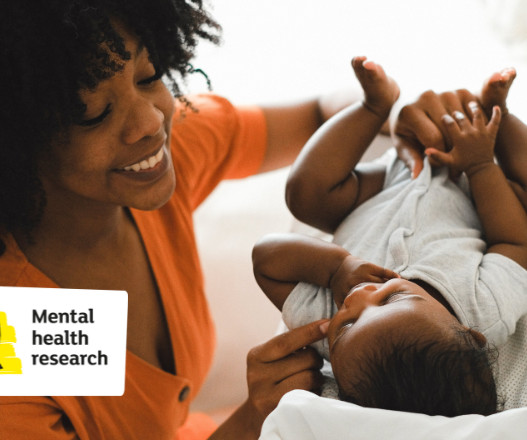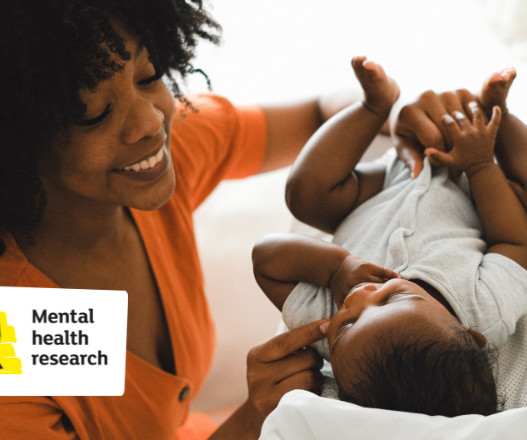Culturally Informed Therapy for Schizophrenia: A Review
Society of Clinical Psychology
DECEMBER 13, 2022
The realm of psychological science is not exempt from this obligation to provide inclusive and affirming care, and it is held to this standard by its highest governing body – the American Psychological Association (APA). empathy) that lead to positive treatment outcomes for patients with schizophrenia. Background.















Let's personalize your content